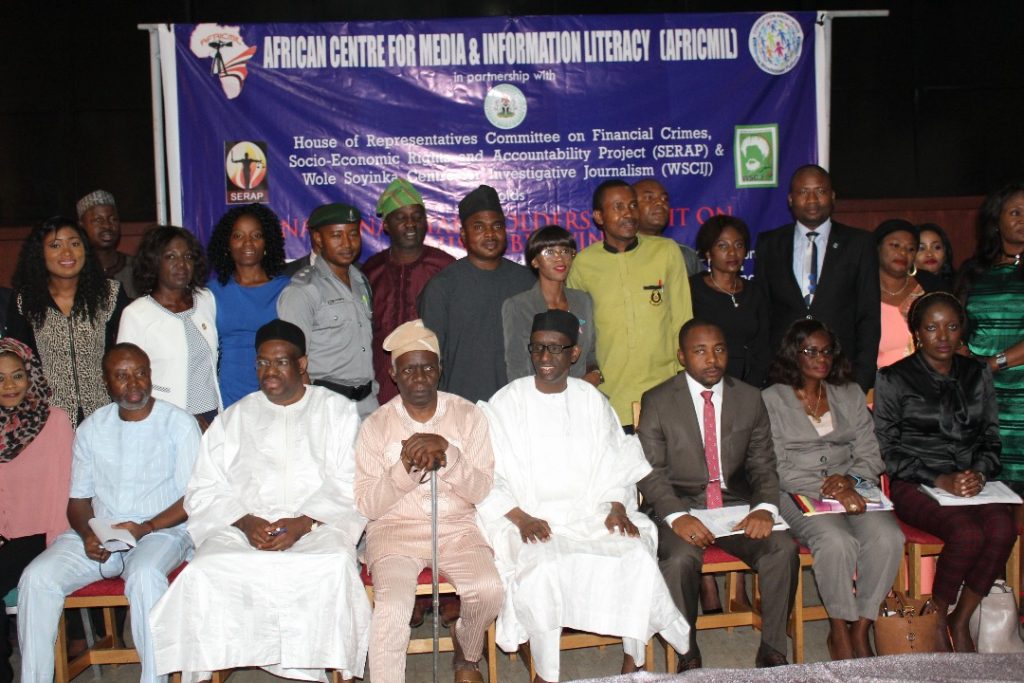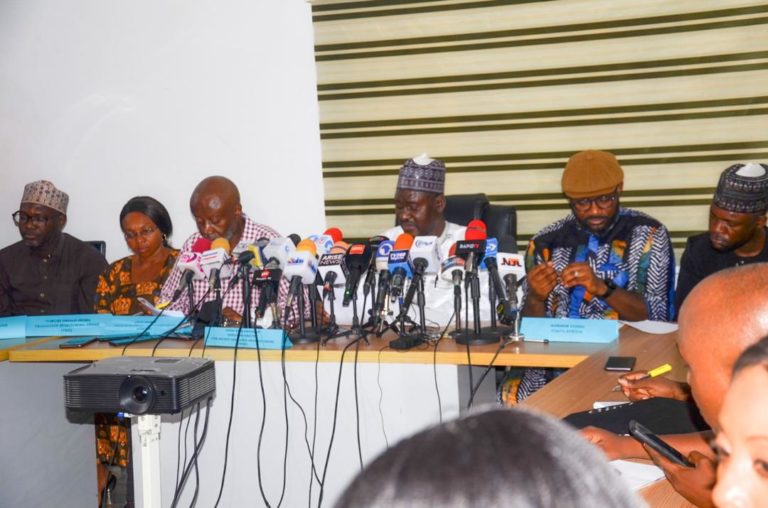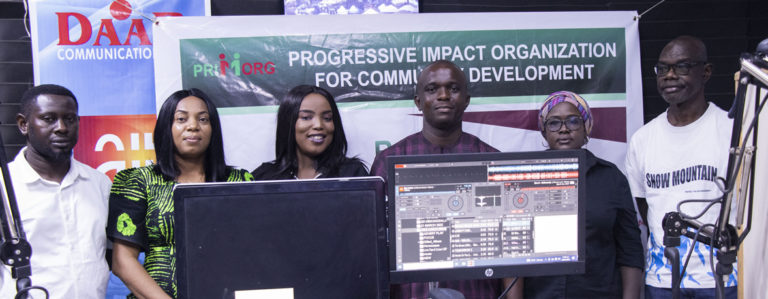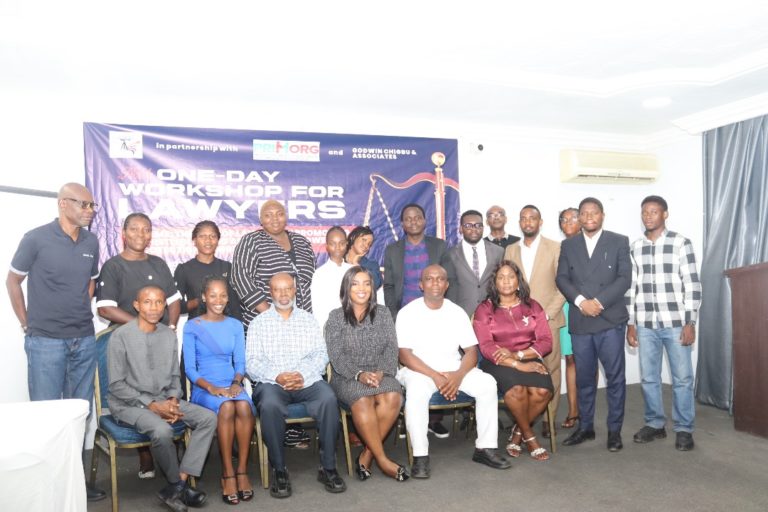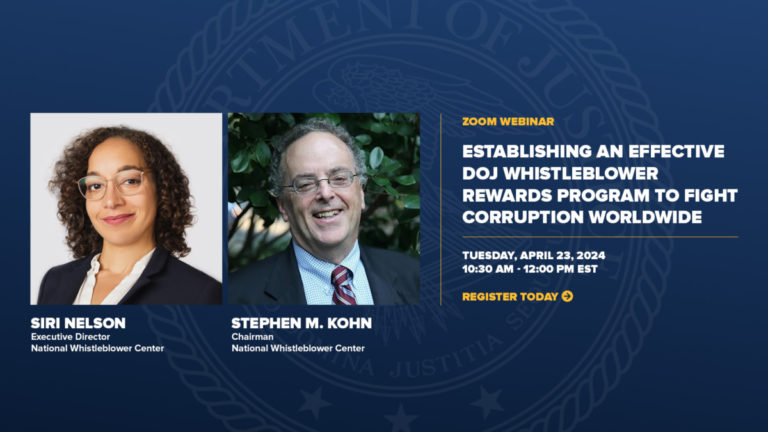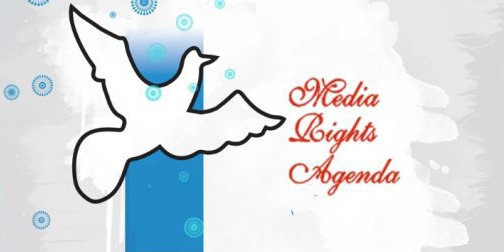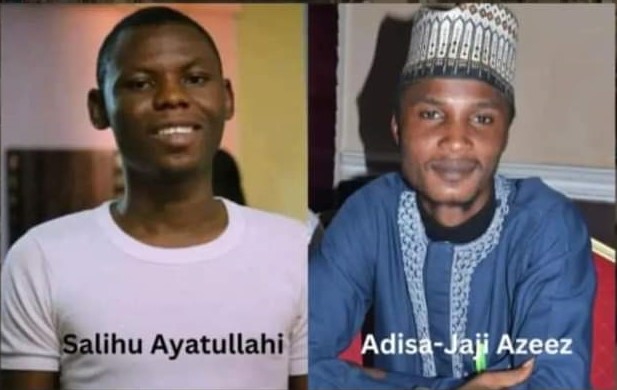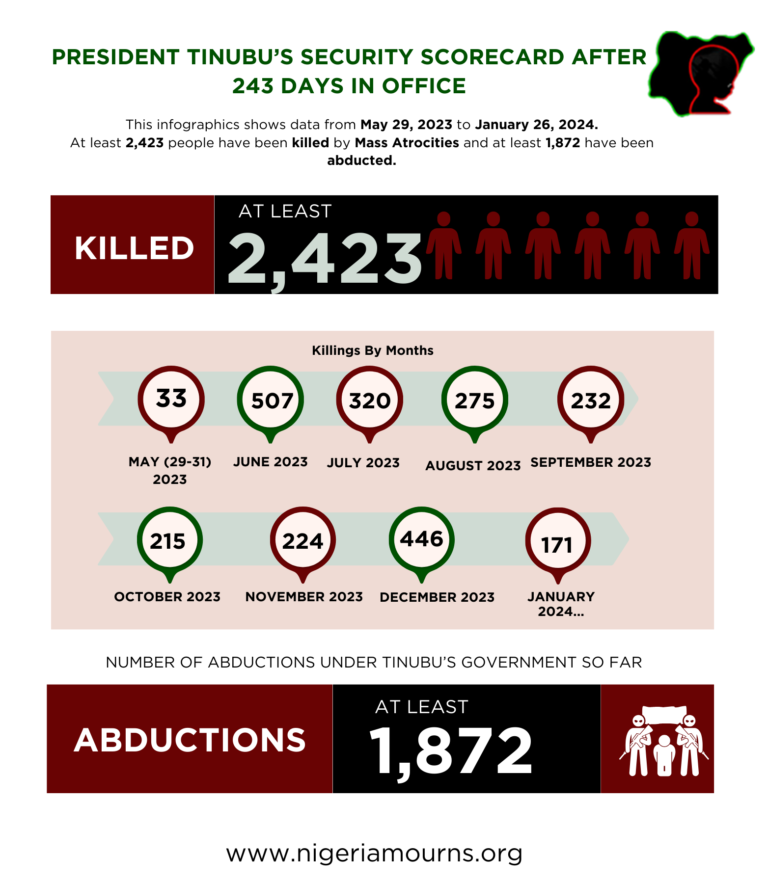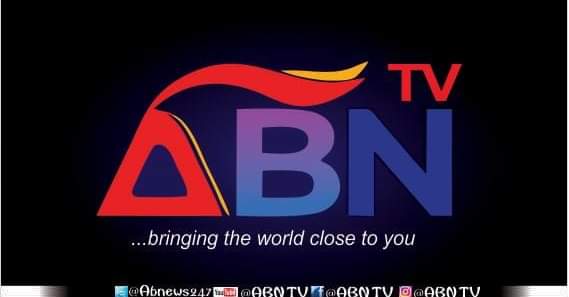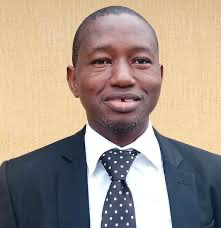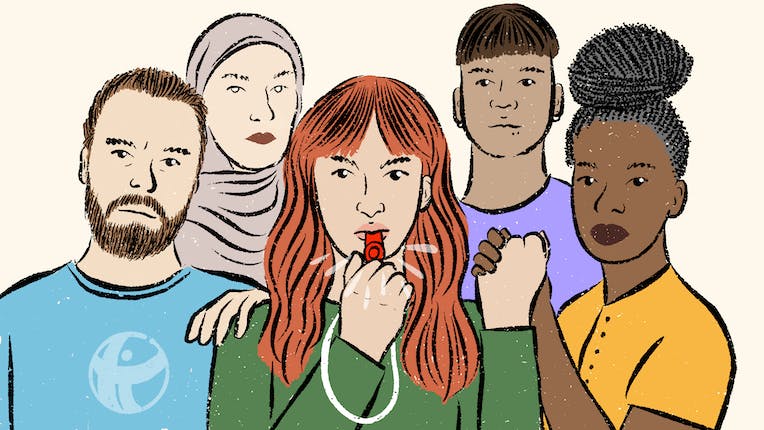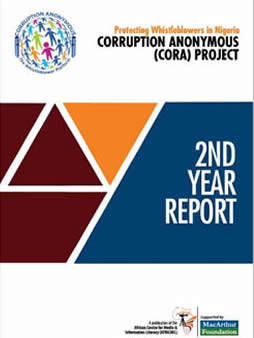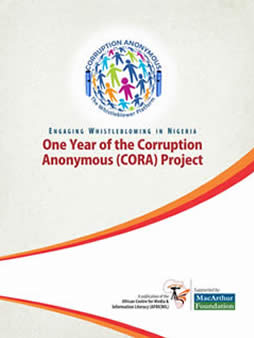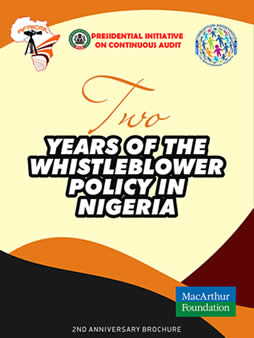By Chido Onumah
On behalf of the African Centre for Media & Information Literacy (AFRICMIL), I warmly welcome you to this summit. AFRICMIL is a non-governmental organisation that focuses on media, information, research, advocacy and training. Our aim is to deploy the opportunity that new media and information technologies offer in tackling social issues.
As part of its accountability and good governance initiative, AFRICMIL launched the Corruption Anonymous (CORA) project which seeks to engage civil society and Nigerians in general in tackling corruption. The CORA project, which is supported by The John D. and Catherine T. MacArthur Foundation, is aimed at creating awareness about whistleblowing and making Nigerians see the need to adopt whistleblowing as a tool for reducing corruption in the country.
The Nigerian government in December 2016, announced a Whistle Blower policy which offers financial incentives for citizens who blow the whistle that leads to the recovery of looted public funds. Specifically, Corruption Anonymous (CORA) seeks to create awareness about the government’s Whistleblower Policy, build public confidence and support for the policy, advocate for protection of whistleblowers as well as promote the institutionalization of the policy.
AFRICMIL has been engaging the whistle blower process in the last one year and has intervened on behalf of whistle blowers who were victimized by their employers. Two prominent cases come to mind in this regard: Mr. Ntia Thompson who was sacked for blowing the whistle on corruption in his unit at the Ministry of Foreign Affairs and Mr. Murtala Ibrahim of the audit department of the Federal Mortgage Bank of Nigeria (FMBN) who was sacked for exposing fraud at the bank. While Mr. Thompson was reinstated after a long-drawn-out battle by civil society and the media. Mr. Ibrahim who was sacked in May has yet to be recalled.
To give further impetus to the whistle blower process, AFRICMIL officially unveiled corruption anonymous in Abuja on Thursday, October 12, 2017, to kick-start a phase of robust engagement with the implementers of the initiative as well as with the Nigerian public.
The unveiling ceremony was to establish the needed synergy with stakeholders and bring everybody abreast with the vision and philosophy behind this project, to give the project the needed traction and also place the whistle-blower initiative on the front-burner of national conversation.
Participants at the event were drawn from civil society organisations, the media, anti-corruption agencies, the National Assembly, as well as members of the diplomatic community and development partners. To achieve its goal of popularizing whistleblowing and making Nigerians see the need to adopt it as a strategic tool for reducing corruption, AFRICMIL has lined up a series of activities some of which include creating awareness through media and civil society engagements, stakeholders’ forum and periodic training for agencies of government, as well as a series of focused public education in cities across the six geo-political zones of the country.
This national stakeholders summit on whistleblowing is one of the many interventions under this project. The theme of today’s event is “Fight against Corruption: Harnessing the Whistleblowing Opportunity.” It is designed to interrogate the whistle-blower policy and engage critical stakeholders responsible for promotion of the policy and its implementation.
Though whistle blowing is not particularly new in Nigeria, from recent events we can all agree that with its formalization the concept has great potentials if certain basic requirements are met. These requirements must be actualized for the policy to be acceptable, credible and effective. More than anything else, it is important to safeguard the integrity of the process and to protect whistle blowers.
Essentially, whistle blowing as an instrument for tackling corruption can only survive where the safety of the whistle blower is guaranteed. We hope this summit will afford us all the opportunity to reflect on the strength, challenges and opportunities whistling blowing offers in our effort to tame corruption in Nigeria.
I thank you all for your attention and happy deliberations.
Chido Onumah is Coordinator, African Centre for Media & Information Literacy (AFRICMIL). He read this address at the National Stakeholders Summit on Whistleblowing, Abuja, Tuesday, November 14, 2017.

